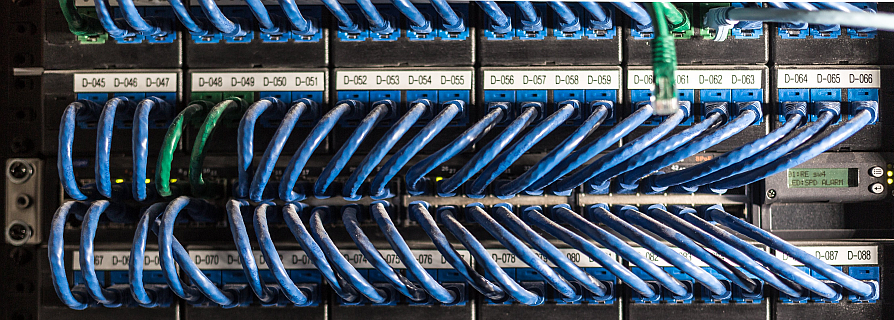
The loading speed of webpages is more important than ever. Quick websites provide a good user experience for visitors, but are also better ranked by search engines like Google. The faster webpages are loading the better the page ranking will be. The speed of loading is also a first indicator for the number of simultaneous users that the webserver can handle before the system is collapsing.
There are various techniques that can be applied to enhance the performance of the website. One can use caches at various levels. The website loading can be improved with a factor 100. It is also possible to use Load Balancing. The load on the server gets distributed amongst various webservers. Websites are not only loading faster due to the distributed nature of the loading process, but one can also achieve better fault tolerance provided that the load balancing mechanism is well tuned. We have seen instances where the load balancing caused chaos as a single-point-of-failure.
iDelft is adopting a wide range of techniques to enhance the performance of websites; e.g. we install Varnish caches which run in front of an Apache based web server. The use of Alternative PHP Cache (APC) is also improving the speed since compiled PHP code is used rather than PHP scripts. Last but not least, we can use MemCache or the build-in Drupal caching mechanism. All these techniques can be applied in combination with a Drupal website to introduce great performance and handling of many simultaneous users.
High performance websites must be safe and our security section provides more details.